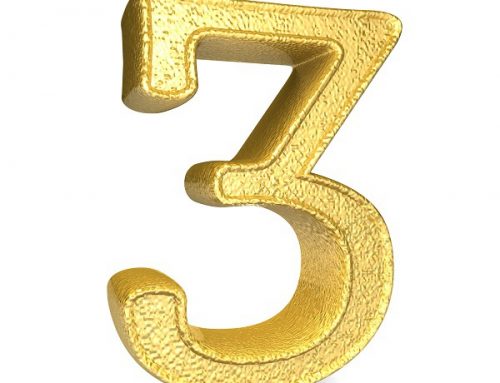
Here in beautiful Sedona, we have stunning sunsets, plenty of heat, gorgeous Red Rocks and amazing views.
But in the land of estate planning, we’ve got wills and trusts. A will, as you know, is a legal document (“last will and testament”) that states your final wishes and gives instructions about how to divide up your property when you die.
A trust, on the other hand, is a fiduciary arrangement that allows a third party, or trustee, to hold assets (money or property) on behalf of a beneficiary or beneficiaries (the person or persons for whose benefit the trust is made). Each state has its own laws governing the types of trusts permitted, how they are created and the laws that govern them. That is why it is important that you consult with knowledgeable counsel about how to draft your trust and who would be the best trustee for you. At Esser, Bradley and Khalsa, our premier estate planning attorneys work with the individual needs and circumstances of each client to tailor a Legacy Estate Plan that fits their family the way they see is best.
Who are the Players in a Trust?
There are 3 parties who are involved in any kind of trust:
- The Settlor: The person who establishes the trust fund.
- The Beneficiary: The person who benefits from the trust fund. This is the person for whom the trust property (money, stocks, real estate etc.) will be managed for and will be used to benefit, as laid out in the specific instructions given by the Settlor when he or she establishes the trust.
- The Trustee: The trustee is the person, persons, or institution (such as a bank), that oversees the trust fund. It is the trustee’s duty to make sure that the trust fund is maintained properly and that it fulfills the purpose for which it was created. The trustee has a fiduciary responsibility to the beneficiaries of the trust, which is why it is so critical to choose the right trustee for your trust.
How to Choose a Trustee.
So, how do you choose a trustee?
There is no easy answer, but here are a few general considerations that should help guide you.
- Choose Someone You Trust Who Has Common Sense and is Qualified to do the Job. First, your trustee, whether a personal friend, family member, or paid professional (CPA, attorney, bank) must not only be someone you can trust, but he or she must be qualified to be a trustee. Keep in mind that a trustee’s job generally means overseeing investments, tax issues, and administrative issues, like filing regular statements to the beneficiaries.
- Choose Someone Willing to do the Job. The person you choose should have the necessary experience and be willing to be your trustee. There are a lot of responsibilities that come with being a trustee, including liability for trust performance.
- Choose Someone Who Will Be Around For a Long Time. If you have a trust that will last a long while, or if you set up a Special Needs Trust for a loved one, you want to make sure you choose a trustee that can give you continuity. Think about whether the person will be around and will still be able to act as trustee when the time comes. One solution could be naming several successors. Another is to name a corporate trustee as a final back up or giving the successor trustee(s) or beneficiaries the authority to name a corporate trustee.
Need Help Deciding?
We Are Estate Planning Attorneys. We have offices in Sedona and we serve Verde Valley as well as all of Arizona. We offer free consultations and we can help you with your estate planning needs. Contact us to set up your free appointment.





